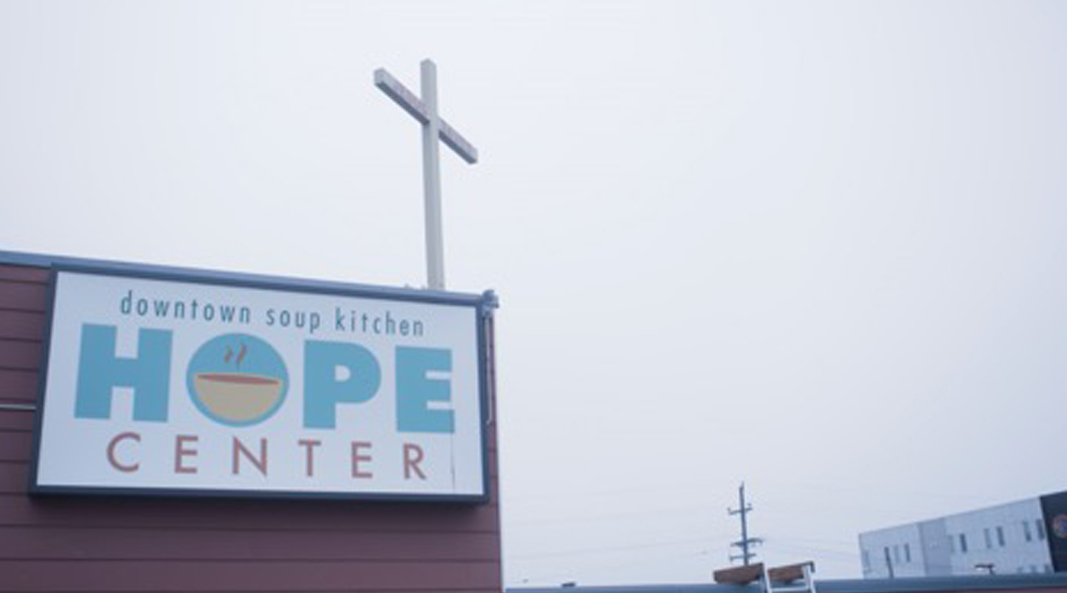On August 9, the US District Court for the District of Alaska entered a preliminary injunction against the city of Anchorage. The injunction prohibits Anchorage from forcing a faith-based women’s homeless shelter to accept men – who believe themselves to be women – for overnight accommodations. Here’s what happened.
The Hope Center is a faith-based soup kitchen in Anchorage, Alaska. Its mission statement is as follows: “Inspired by the love of Jesus, we offer those in need support, shelter, sustenance, and skills to transform their lives.” It provides many services including a soup kitchen, bakery school, culinary school, and a woman’s homeless shelter that has “become a safe haven and home for homeless women.” The shelter houses fifty women every night, all year long.
According to the original complaint filed in court by ADF, in January 2018, “Jessie Doe” was dropped off at the Hope Center to spend the night. Sherrie Laurie, the Executive Director, informed Doe that he would not be able to spend the night there because he was inebriated. Laurie then arranged and paid for a cab to take Doe to the emergency room because he had a wound over his eye.
The next day, “Doe showed up at Hope Center again and sought to be admitted.” Again, he was rejected because he “had not stayed the previous evening which is required by Shelter policy and because Doe sought entry at a time when the shelter was not accepting new guests.”
After the incident, Doe “filed a complaint with the [Anchorage Equal Rights] Commission (Commission) claiming that the Hope Center had discriminated against [him] on the basis of sex and gender identity.” The city’s SOGI (sexual orientation and gender identity) ordinance prohibits this kind of discrimination.
In a press release, ADF stated that, “Because the center didn’t let the man sleep at its shelter and next to the abused and homeless women, Anchorage pursued a complaint against the shelter.”
Even though the Commission began investigating the Hope Center for violating its SOGI ordinance, the complaint that ADF filed makes clear that the Hope Center did no such thing. The Center denied Doe accommodations “because that individual was injured, inebriated, and past check-in time for the shelter. So that action was based on intoxication and late arrival, not any protected category.” And even if they had violated the city’s ordinance, it “exempts homeless shelters regardless.”
You would think it should be common sense not to have an inebriated, very agitated man spend the night at a women’s homeless shelter. But apparently that’s not the case for Anchorage Equal Rights Commission officials.
This seems to be an example of government authority gone wrong. Despite denying Doe accommodations based on factors completely unrelated to his gender identity, the Commission chose to investigate the faith-based center where many good hearted citizens volunteer for the good of their community. Thankfully, the court saw right through this charade and granted the Hope Center’s request to stop Anchorage from enforcing this ordinance against them.
Because this was a preliminary injunction, the city is barred from taking action against the Hope Center while the case plays out. Although it is possible the court will come back and ultimately rule against the Hope Center, its rights have been preserved for now.
This is a win for religious liberty, and for every woman that the Hope Center continues to help get back on their feet.
Photo from Alliance Defending Freedom






